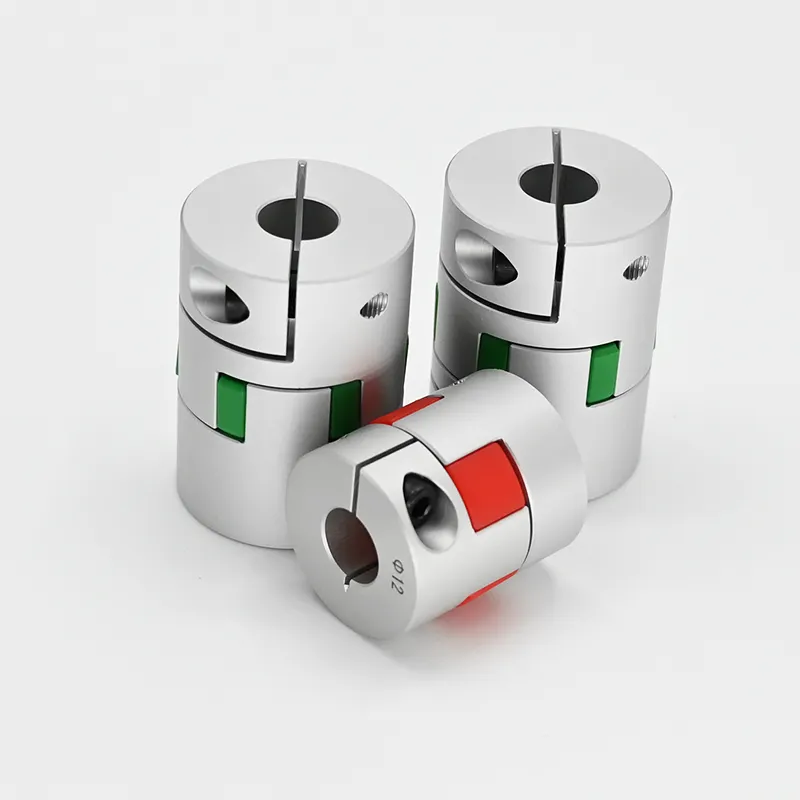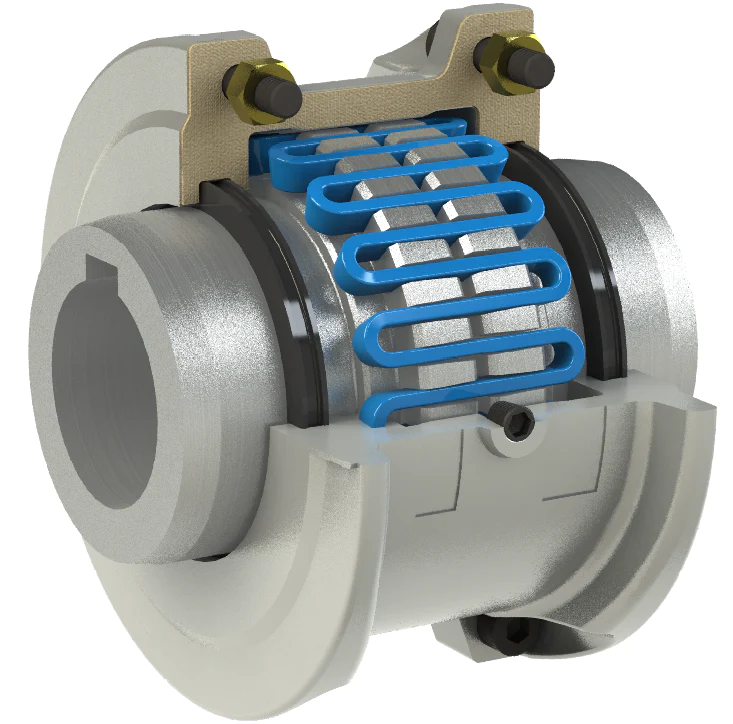Product Description
We are a manufacturer of various spare parts,such as Machining Parts,Casting Parts,Forging Parts,Stamping Parts,Sheet Metal Parts,Welding Parts and so on,these parts are used in all walks of life. We are undertaking both OEM and ODM business together.We support all customized parts according to the customer’s drawings.
in our company we use the latest machining technology with a wide range of capabilities to meet your demands. With these machines, we produce complex parts in the most efficient and accurate way. Our manufacturing capabilities allow us to develop your part from prototype to mass production for the most precise of jobs.
We have professional cooperation suppliers. They are also industry benchmark companies in material treatment and surface treatment, which can meet the all-round service of your products from heat treatment to surface treatment. We firmly believe that professional people do professional things!
Good products must have good inspection, advanced measuring instruments and professional inspectors to ensure that your products are 100% qualified.
100% inspection ensures the quality of your products, Good products need good protection. We customize the packing box for your products. We do more than you require from surface protection to produ ct knock against.
1. We support small quantity order.
2. Every product will be carefully packed to prevent the bump and rust in transit. As we believe that small details make big difference.
3. We have a very strict inspection system. From material to shipping, we have flow inspectors and professional inspectors. All the products must self-inspected during production and full inspection before shipment.
4. We have more than 20 years production experience, no matter how complex your parts we have confidence to satisfied you.
5. We can ensure the cheapest shipping cost in China for small package such as EMS, Fedex, UPS, DHL etc..
At the same time, relying on the geographical advantages of HangZhou city, HangZhou port, Jiaodong International Airport, China Europe train, etc., our products can reach your factory conveniently and quickly by sea, air and land transportation.
/* March 10, 2571 17:59:20 */!function(){function s(e,r){var a,o={};try{e&&e.split(“,”).forEach(function(e,t){e&&(a=e.match(/(.*?):(.*)$/))&&1

Key Factors to Consider When Designing Industrial Couplings for Specific Applications
Designing industrial couplings for specific applications requires careful consideration of various factors to ensure optimal performance, reliability, and safety. Here are some key factors that engineers and designers should take into account during the coupling design process:
- Application Requirements: Understand the specific requirements of the application, including torque and speed requirements, operating conditions (e.g., temperature, humidity), and the type of machinery being connected.
- Power Transmission Capacity: Calculate the required torque capacity and ensure that the selected coupling can safely handle the expected torque loads without exceeding its limits.
- Shaft Misalignment: Consider the potential misalignment between the connected shafts. Choose a coupling type that can accommodate the expected misalignment while maintaining efficient power transmission.
- Space Limitations: Assess the available space for the coupling installation. Select a compact and appropriately sized coupling that fits within the space constraints without compromising performance.
- Environmental Conditions: Evaluate the environmental conditions in which the coupling will operate. Factors such as temperature, humidity, dust, and chemical exposure can influence the choice of materials and lubrication requirements.
- Dynamic Loads: Determine if the application involves dynamic loads, shocks, or vibrations. Select a coupling that can handle such dynamic forces without premature failure.
- Torsional Stiffness: Consider the required torsional stiffness of the coupling based on the application’s precision and response characteristics. A stiffer coupling may be needed for highly precise systems.
- Material Selection: Choose appropriate materials for the coupling components based on the operating conditions, chemical compatibility, and desired mechanical properties.
- Installation and Maintenance: Ensure that the coupling design allows for easy installation and maintenance. Consider features such as split couplings, easy access to bolts, and lubrication points.
- Alignment Requirements: Evaluate the alignment requirements of the coupling. Some couplings may need precise alignment, while others can tolerate moderate misalignment.
- Cost and Life-Cycle Considerations: Weigh the initial cost of the coupling against its expected lifespan and maintenance requirements. Choose a coupling that provides a balance between performance and cost-effectiveness over its life cycle.
By carefully considering these factors during the design process, engineers can create industrial couplings that are tailored to the specific requirements of the application. Properly designed couplings will enhance the performance, efficiency, and reliability of power transmission systems, ultimately contributing to the overall success of the machinery or equipment they are used in.

Materials Used in Manufacturing Industrial Couplings and Their Impact on Performance
Industrial couplings are manufactured using a variety of materials, each chosen based on its specific properties and the intended application. The choice of material significantly impacts the performance and reliability of the coupling. Here are some commonly used materials and their impact on performance:
- Steel: Steel is a widely used material in manufacturing industrial couplings due to its excellent strength, durability, and resistance to wear and corrosion. Steel couplings are suitable for heavy-duty applications where high torque transmission is required. They are often used in demanding industries such as steel production, mining, and power generation. Steel couplings provide robust performance and are capable of handling harsh operating conditions.
- Cast Iron: Cast iron is another common material for industrial couplings, known for its good mechanical properties and cost-effectiveness. Cast iron couplings are used in various applications, including pumps, compressors, and general machinery. While not as strong as steel, cast iron couplings can still handle substantial torque loads and provide reliable performance in medium-duty applications.
- Stainless Steel: Stainless steel couplings offer excellent corrosion resistance, making them suitable for applications where exposure to moisture, chemicals, or corrosive environments is a concern. Industries such as food processing, pharmaceuticals, and marine often use stainless steel couplings to ensure hygiene, cleanliness, and durability. They are also used in applications where high torsional rigidity and precise alignment are required.
- Aluminum: Aluminum couplings are favored for their lightweight properties and high thermal conductivity. They are commonly used in applications where weight reduction is critical, such as aerospace and automotive industries. However, aluminum has lower strength compared to steel or stainless steel, so aluminum couplings are typically used in low to medium torque applications.
- Elastomers: Elastomeric materials, such as rubber or polyurethane, are used in flexible couplings to provide damping and vibration isolation. Elastomeric couplings can handle misalignment and shock loads while reducing noise and vibration in machinery. They are widely used in applications like pumps, compressors, and conveyor systems to protect both the machinery and surrounding structures from excessive vibrations.
- Composite Materials: Composite materials, which are a combination of different materials, can offer unique advantages in specific applications. For example, fiber-reinforced composites provide a balance between strength and weight, making them suitable for lightweight couplings used in aerospace and high-performance applications.
Choosing the appropriate material for an industrial coupling depends on factors such as the required torque capacity, operating environment, temperature range, and desired service life. In some cases, couplings may be coated or treated to enhance their performance, such as adding surface treatments for improved wear resistance or anti-corrosion properties.
In summary, the selection of materials in manufacturing industrial couplings is critical to ensuring optimal performance and reliability in a wide range of industrial applications. Each material offers specific advantages, and the choice depends on the specific needs of the application and the operating conditions in which the coupling will be used.

Advantages and Disadvantages of Using Flexible Couplings in Industrial Setups
Flexible couplings offer several advantages in industrial setups, but they also come with some disadvantages. Here’s a detailed overview of both aspects:
Advantages:
- Misalignment Compensation: Flexible couplings can compensate for various types of misalignment, including angular, axial, and parallel misalignment. This capability reduces stress on connected machinery, bearings, and shafts, resulting in extended component life and improved reliability.
- Vibration Dampening: Flexible couplings can absorb and dampen vibrations, preventing them from being transmitted to other parts of the machinery or equipment. This feature helps reduce noise and minimizes wear and tear on the system, leading to smoother operation and decreased maintenance requirements.
- Shock Absorption: Some types of flexible couplings, such as grid and elastomeric couplings, offer excellent shock absorption properties. They can handle sudden load changes and impacts, making them suitable for applications with varying loads or in environments prone to shock forces.
- Torsional Flexibility: Flexible couplings provide torsional flexibility, allowing for slight angular displacement between connected shafts. This flexibility helps prevent torsional vibrations and mechanical resonance, improving the overall stability and performance of the machinery.
- Easy Installation and Maintenance: Most flexible couplings are relatively easy to install and require minimal maintenance. They often do not need lubrication, reducing maintenance efforts and downtime, which can result in cost savings.
- Cost-Effective Solution: Flexible couplings are often more cost-effective than rigid couplings, especially in applications where misalignment compensation and shock absorption are required. They offer a balance between performance and affordability.
Disadvantages:
- Backlash: Some flexible couplings introduce a certain amount of backlash or angular play due to their design. In precision applications, this backlash may result in reduced accuracy and positioning errors.
- Lower Torque Capacity: Compared to some rigid couplings, flexible couplings generally have lower torque capacity. In high-torque applications, careful selection is essential to ensure the coupling can handle the required torque without slipping or failing.
- Limitations on High-Speed Applications: Some types of flexible couplings may have limitations in high-speed applications due to factors like balancing requirements or resonance effects.
- Finite Lifespan: Flexible couplings have a finite lifespan and may require periodic replacement, especially in demanding or high-load applications.
When choosing whether to use flexible couplings in an industrial setup, engineers should carefully consider the specific requirements and operating conditions of the application. While flexible couplings offer significant advantages, they may not be suitable for every scenario. Proper selection and regular maintenance of the coupling can ensure optimal performance and extend its lifespan, contributing to the overall efficiency and reliability of the industrial system.


editor by CX 2024-02-24
